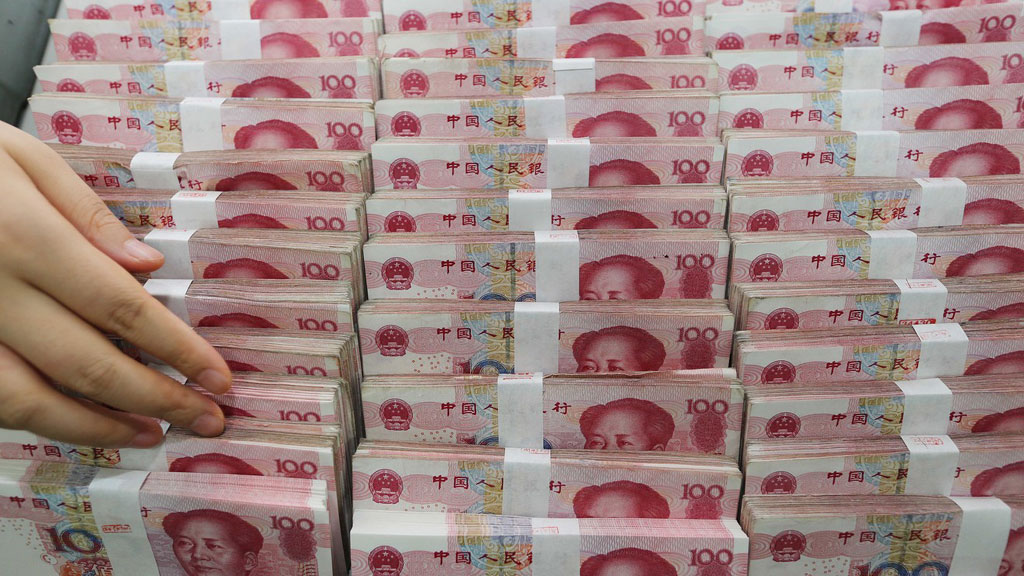 Most Asian currencies strengthened on Thursday due to overnight weakness in dollar after a fall in US retail sales, while lingering hopes of a Sino-US trade deal also lent support to the export-reliant regional units. The Taiwanese dollar led the gains in the region, followed by the South Korean won and the Malaysian ringgit. "We still see some net risk-on sentiment supporting the Asian currencies in general. We have positive news coming out from Brexit. And in Asia, regarding the Sino-US trade situation, it is still very much on the holding pattern," said Terence Wu, a currency strategist at OCBC Bank.
Most Asian currencies strengthened on Thursday due to overnight weakness in dollar after a fall in US retail sales, while lingering hopes of a Sino-US trade deal also lent support to the export-reliant regional units. The Taiwanese dollar led the gains in the region, followed by the South Korean won and the Malaysian ringgit. "We still see some net risk-on sentiment supporting the Asian currencies in general. We have positive news coming out from Brexit. And in Asia, regarding the Sino-US trade situation, it is still very much on the holding pattern," said Terence Wu, a currency strategist at OCBC Bank.
"Even though people are starting to reach some suspicions over whether a deal will be signed eventually in the APAC meeting, at this point there are no clear signals that it is breaking up." The dollar index was trading flat at 98.005, hovering near a four-week low of 97.898 it touched in the previous session.
Analysts said regional currencies also firmed on rising expectations on an interest rate cut by the US Federal Reserve this month. The bets further strengthened after data released on Wednesday showed US retail sales falling for the first time seven months in September. Indian rupee and the Indonesian rupiah,the two high yielding currencies, also strengthened on the day due to a sharp fall in US bond yields.
On the other hand, China's yuan edged lower against the US dollar after the central bank set a weaker daily reference rate for the currency. The Indian rupee rose 0.16% against the dollar on Thursday helped by weaker oil prices, lower US bond yields and strong domestic equities. However, some analysts said falling real yields of Indian bonds could affect the rupee, along with other concerns such as fiscal deficit and lower liquidity in the banking system.
India's real yields have fallen nearly 200 basis points since the start of this year, according to Refinitiv data. Real yields are nominal yields adjusted for inflation. "Rupee could suffer the double whammy of growth dent as well as pressures from capital pulling out of equities in response to downbeat growth prospects," said Vishnu Varathan, head of economics and strategy for Mizuho Bank in Singapore in a note.

















Comments
Comments are closed.